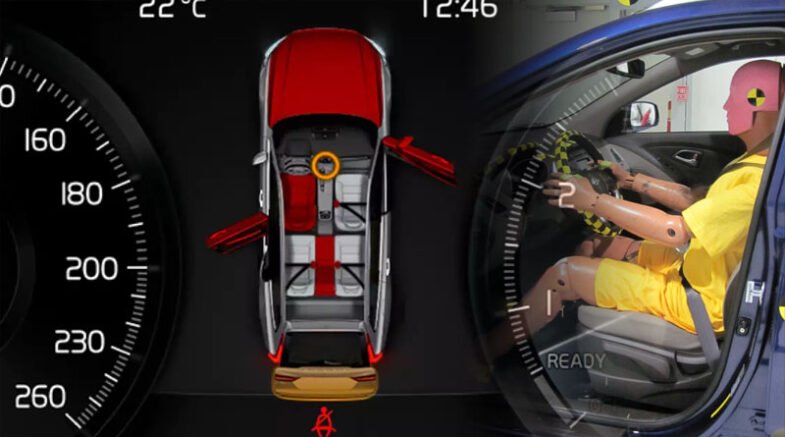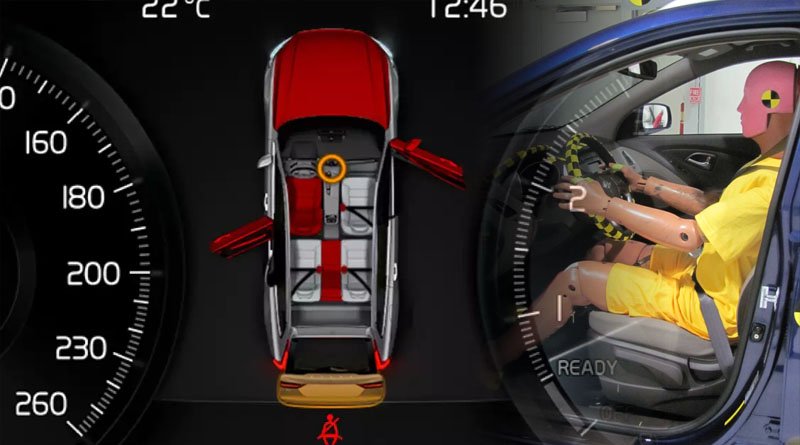The safety standards being developed by PSQCA, an organisation of the Ministry of Science and Technology, have previously caused disagreements among the stakeholders.

Major automotive industry players have agreed to reach a consensus regarding the safety standards of a few of the locally assembled vehicles for the first time in Pakistan’s history. The proposed safety regulations were approved on Friday by the Cabinet Committee on Legislative Cases (CCLC).
The CCLC, which met in this location on Friday, is said to have discussed and approved the agenda item regarding safety standards of vehicles, including electric vehicles (EVs), which will now be forwarded to the federal cabinet for approval.
The committee discussed a list of standards for various parts developed by the Pakistan Standard and Quality Control Authority (PSQCA) in consultation with all stakeholders, including the manufacturers and assemblers, parts manufacturers, and Engineering Development Board (EDB), an arm of the Ministry of Industries, the Ministry of Climate Change, and others.
The safety standards being developed by PSQCA, an organisation of the Ministry of Science and Technology, have previously caused disagreements among the stakeholders.
According to documents that are only available to this scribe, the PSQCA has created standards for at least eight items out of the 30 or so that had to be created as part of a global agreement that Pakistan signed.
According to a representative, the current safety standards are almost identical to those that have received international approval. The committee members also requested that PSQCA and other stakeholders create standards for the remaining vehicle components that were in other phases during the meeting, according to sources.
The documents that are readily available state that the PSQCA created or adopted the standards for child restraint systems (PS: 5574 and 5575), safety belts (PS: 5578 and 5579), air bags (PS: 5576), the electric powertrain for electric vehicles (PS: 5550 and PS: 5551), and helmets for riders during the first phase (PS: 1402).
According to the draught proposal, the PSQCA, which already has 166 food and nonfood items in its basket to inspect and certify, has been asked to approve the inclusion of the proposed standard (quality) in the required items.
The Public Accounts Committee (PAC), which on June 15, 2022, expressed grave concern about the lack of safety features in automobiles such as airbags, safety belts, child restraints, the Lock System, helmets, and others, strongly directed the development of safety standards in the nation.
In the past, despite holding numerous meetings, the Ministry of Industries and Production (MoIP) and the Ministry of Science and Technology (MoST) failed to create the standard for vehicles that were manufactured or assembled in the nation.
The two ministries later held meetings on the subject at the direction of PAC, which had noted the poor quality of local vehicles last month. Insiders claim that local auto companies and EDB’s resistance to accepting the PSQCA standards is the reason why consensus in this regard has not been reached.
As previously stated, efforts are being made to either develop local standards based on UN regulations or directly adopt pertinent international regulations in light of the Government of Pakistan’s membership in the World Forum for Harmonization of Vehicle Regulations (WP.29) of the United Nations Economic Commission for Europe (UNECE). Several technical committees made up of relevant parties have been working on this.
